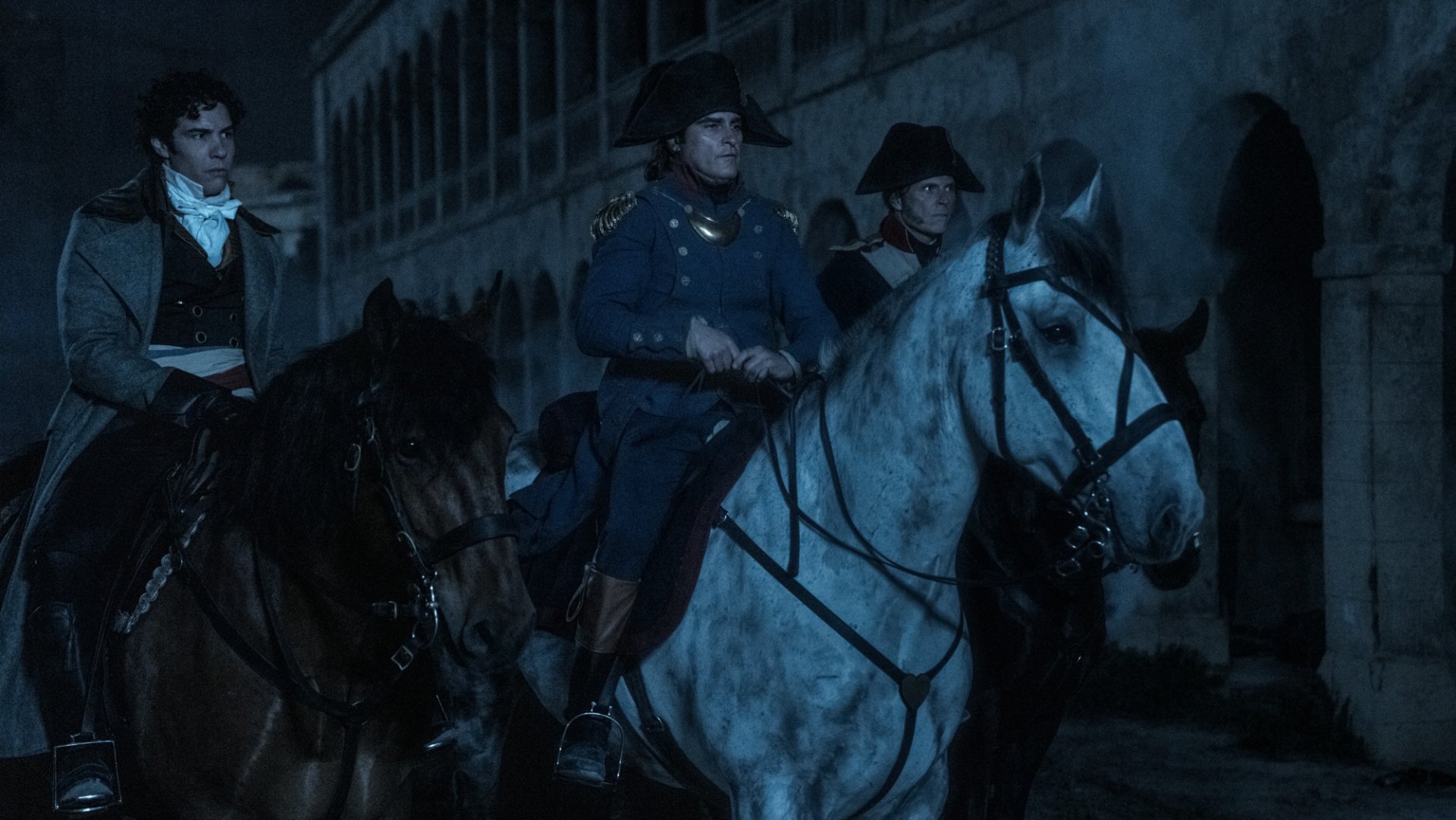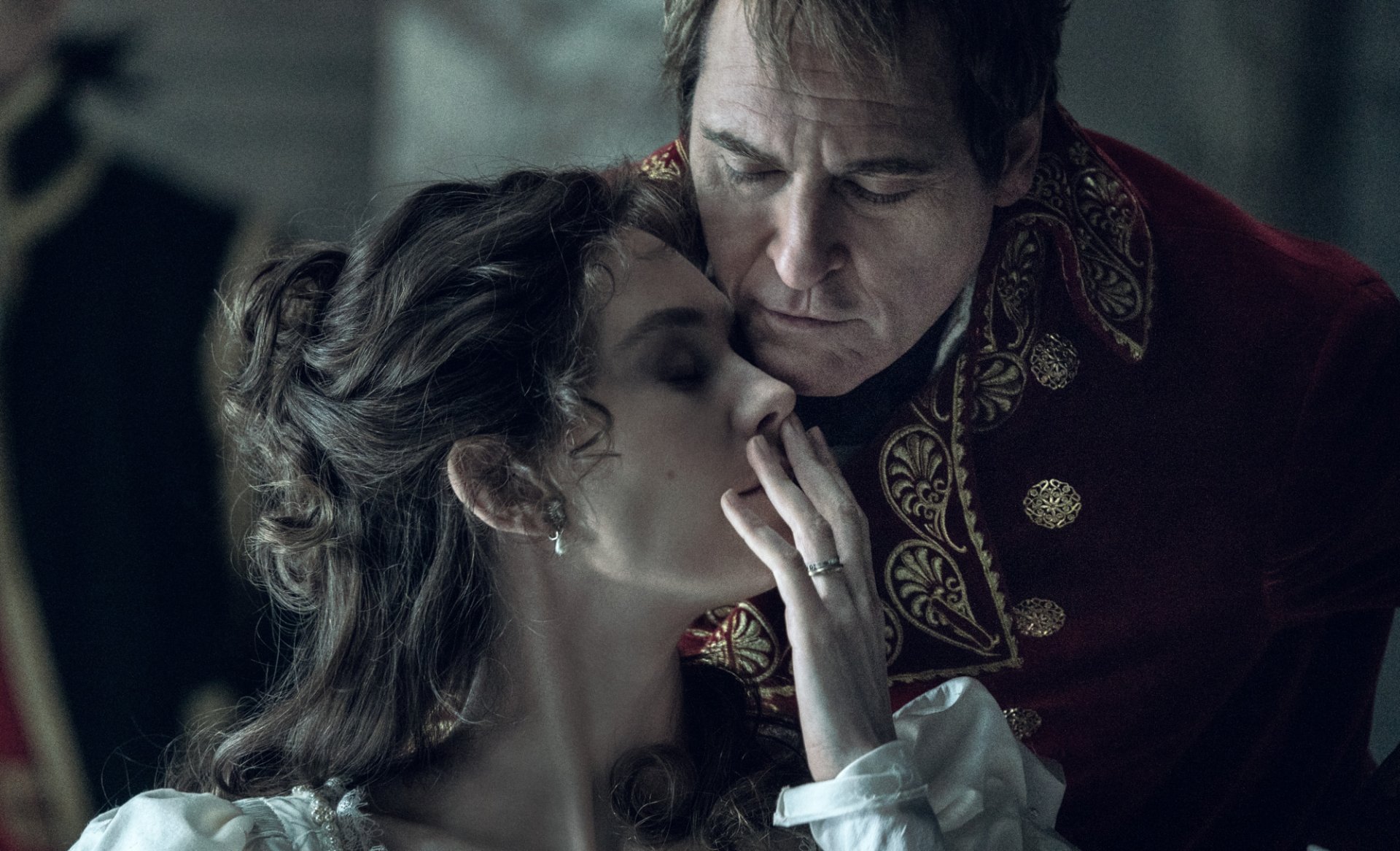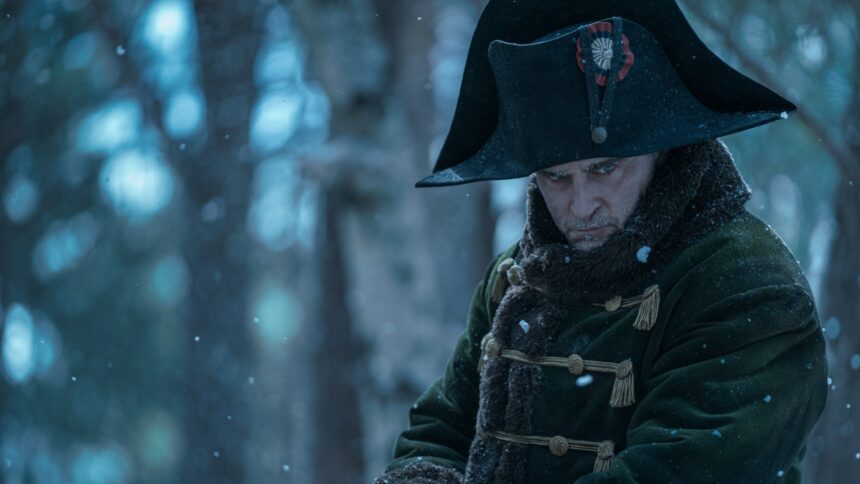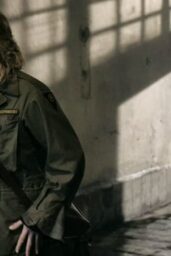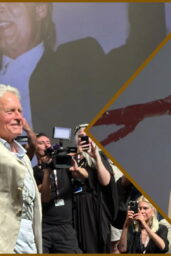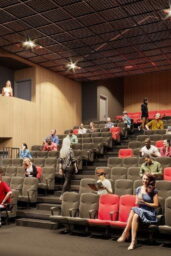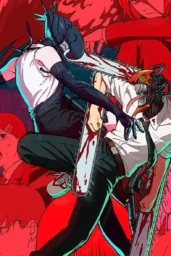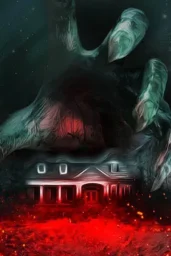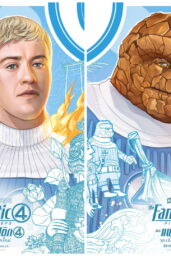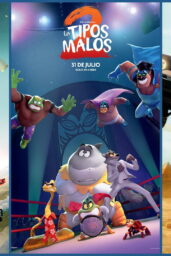When it comes to intense, method-driven actors, Joaquin Phoenix certainly tops the list. His recent role as Napoleon Bonaparte in Ridley Scott's epic historical drama “Napoleon” is no exception. But, as it turns out, this iconic performance nearly didn't happen. According to reports from The Hollywood Reporter, Phoenix was so unsettled by the script that he threatened to quit the film unless acclaimed director Paul Thomas Anderson, with whom he collaborated on “The Master,” was brought in to rewrite the screenplay.
This isn't the first time Phoenix's commitment to his roles has led to some last-minute changes. The actor, known for his deep immersion into his characters, reportedly began having second thoughts just before production was set to kick off in late 2022. Sources indicate that his doubts about the script's direction and how it portrayed Napoleon were so strong that he was ready to walk away from the project altogether.
Ridley Scott, a seasoned filmmaker who knows the value of a dedicated actor, acknowledged the situation in a 2023 interview with Empire. Scott admitted that Phoenix's concerns led to “significant changes” to the film. “With Joaquin, we can rewrite the goddamn film because he's uncomfortable,” Scott remarked. This meant reworking the script to ensure that it authentically captured the essence of Bonaparte's character, ultimately leading to a more nuanced portrayal.
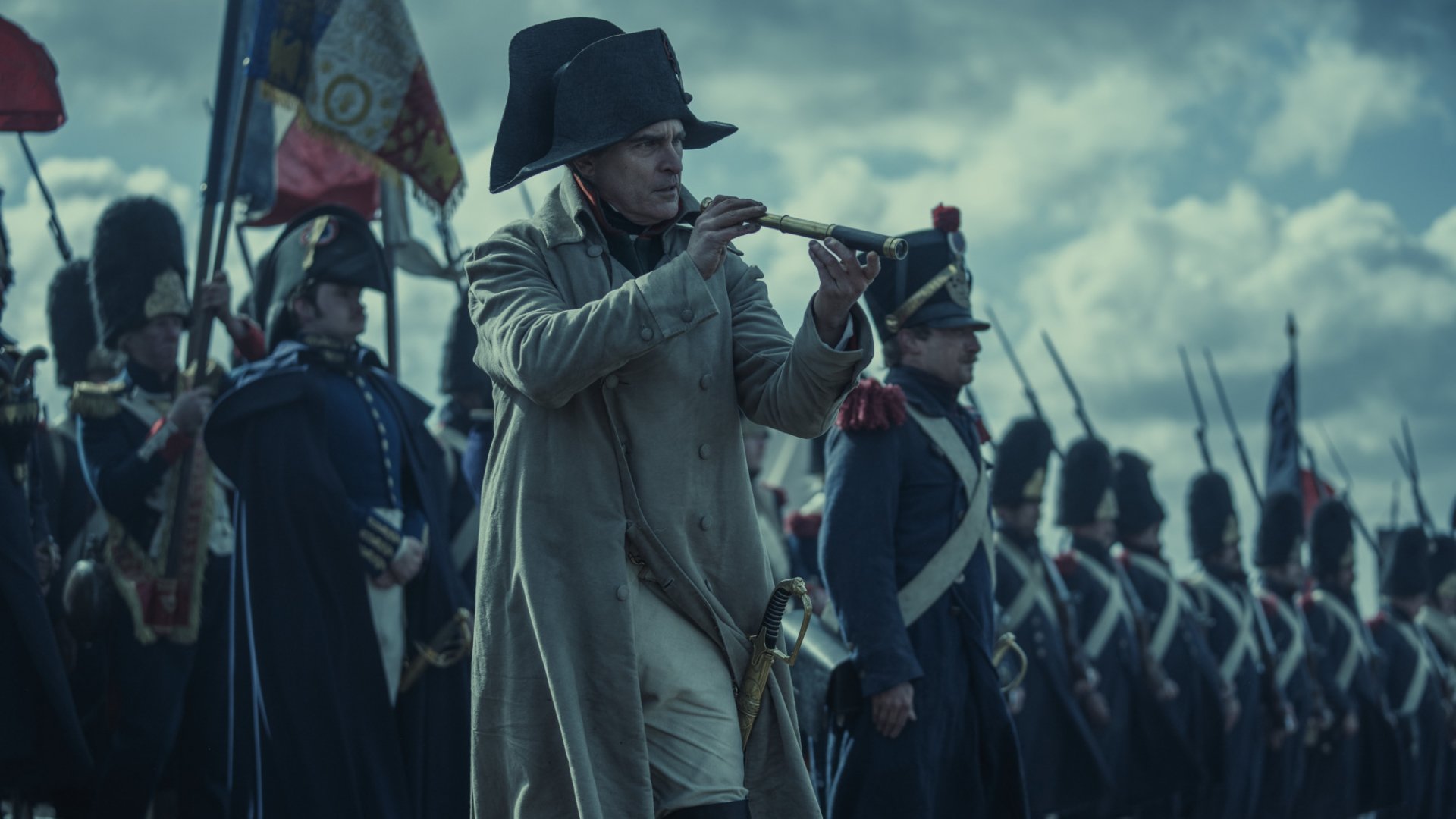
Despite the turmoil, the collaboration paid off. “Napoleon” hit theaters in late 2023, featuring a cast that includes Vanessa Kirby as Empress Joséphine. The film's production budget was a hefty $200 million, and it's expected to be a major contender during awards season, thanks in part to Phoenix's dedication to getting the character just right.
In the end, Phoenix's insistence on script changes—and Scott's willingness to accommodate them—might be what propels “Napoleon” to stand out in a crowded field of historical epics. This anecdote not only highlights the actor's unyielding commitment to his craft but also underscores the collaborative nature of filmmaking, where even the most seasoned directors must sometimes rethink their vision in the face of a passionate performer's insights.
